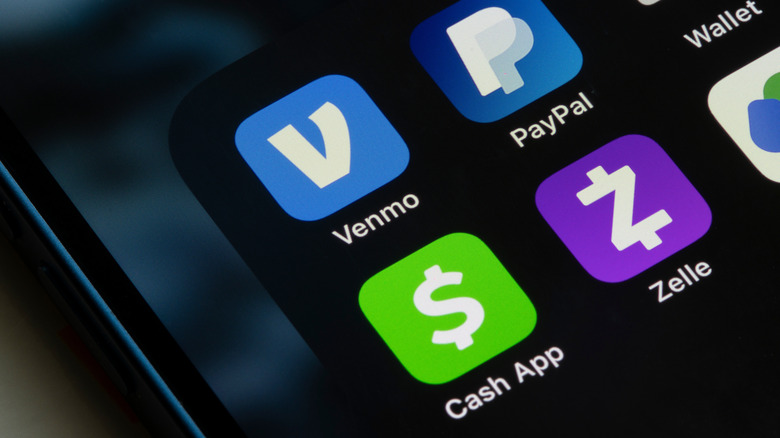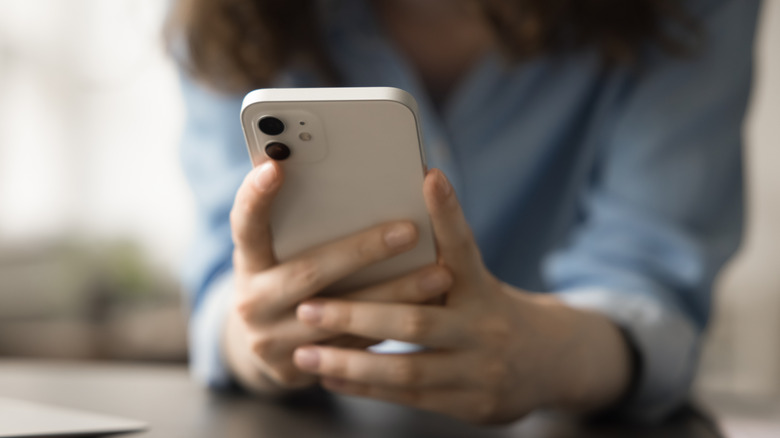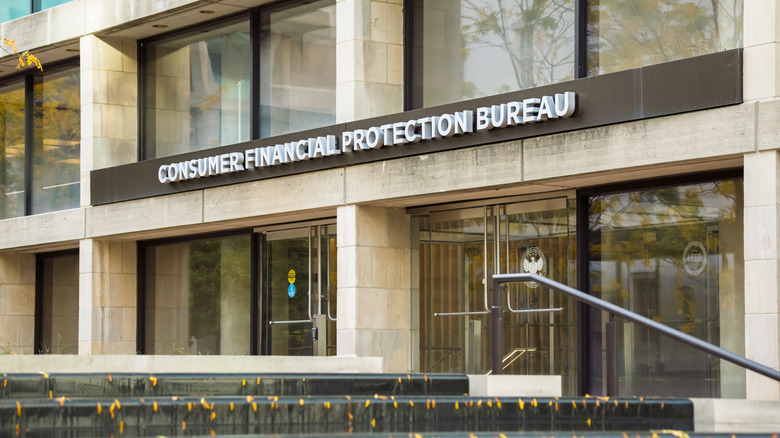Zelle's App Is Shutting Down For Good And The Reason Couldn't Be Clearer
The Zelle app is no more. As a refresher, Zelle is a digital person-to-person financial transfer network owned by some of the nation's largest banks. Customers at these banks have more than likely tapped into Zelle's cash-transfer services at some point from within their own financial institution — rather than through the company's standalone services. As such, Zelle has been slowly nailing shut the coffin on its standalone mobile app since October 2024.
On April 1, 2025, the final nail was driven, and Zelle officially closed down its app, ending all app-only users' ability to send and receive funds electronically. Zelle will continue to operate as usual through banking institutions. This means the company's services will only be accessible for users whose financial institution has adopted Zelle as its in-house digital transfer service.
It's clear that, as some point, Zelle's owners had high hopes of a standalone app competing with other popular social payment apps like Venmo and Paypal. However, while Zelle has grown to be widely used, the company could never quite make "just Zelle me" part of the national financial lexicon. There are a few factors that likely contributed to this, including Zelle's policy on payment protection (or lack thereof) and the company's bumpy history with handling fraudsters ands scammers.
A brief history of Zelle and its app
Zelle's parent company, Early Warning Services, is a private financial technology (fintech) company based in the U.S., and owned by the country's seven largest banks, including Bank of America, JPMorgan Chase, and Wells Fargo. The service debuted as a person-to-person, in-bank transfer system called "clearXchange" in 2011. After that iteration of the service didn't catch on, clearXchange was reworked and launched as Zelle in 2017.
At the start, Zelle use was fledgling, at best. Transactions mostly occurred within the 20-odd financial institutions that signed on to using the Zelle service within their bank apps. Meanwhile, non-bank-backed peer-to-peer payment apps like Venmo rapidly snatched up market share with individual users in the millions, many of them millennials. To compete, Zelle launched a standalone app to service interested users whose banks were slow to catch on. However, banks had good reason for avoiding Zelle. While the bulk of early Zelle transfers stayed within the sender's bank system, any transfers sent outside of the sender's bank incurred a fee that the sending bank footed the bill for.
Today, over 2,200 U.S. banks and credit unions use Zelle as their in-house digital payment offering. While Zelle users transferred $1 trillion in 2024 alone, less than 2% of all of Zelle's transfers were made using its standalone app. Ultimately, the company's growth within banking institutions made its standalone app efforts irrelevant — which will ultimately affect consumers who don't have a participating bank.
Through Zelle and back
Unlike Paypal, Venmo, or Cash App, Zelle doesn't allow customers to "save" funds in a digital wallet in-app to send or process later on. Zelle funds are instead transferred directly between users' bank accounts on the Automated Clearing House (ACH) network, a system in place since the 1970s. There are benefits to this directness, namely: no third-party processing fees and no mandated requirement that Zelle send records of personal payments to the IRS. However, the old-school directness of Zelle can also lead to direct hits for users.
Zelle doesn't offer any form of purchase protection, like some third-party apps do. While there are clear do's and don'ts of using Zelle, people ultimately make mistakes, and this can cost you if you send funds to the wrong person. Zelle won't refund you or intervene — not even if you are a victim of fraud. In 2024, the Consumer Financial Protection Bureau (CFPB) sued Zelle's parent company, Bank of America, JPMorgan Chase, and Wells Fargo for costing Zelle users more than $870 million dollars — largely due to fraud that was made possible in part by a lack of safeguards. The CFPB case was dismissed in March 2025, after the Trump administration fired the CFPB's director. While the government may forgive and forget Zelle's alleged sins, potential users may not.


